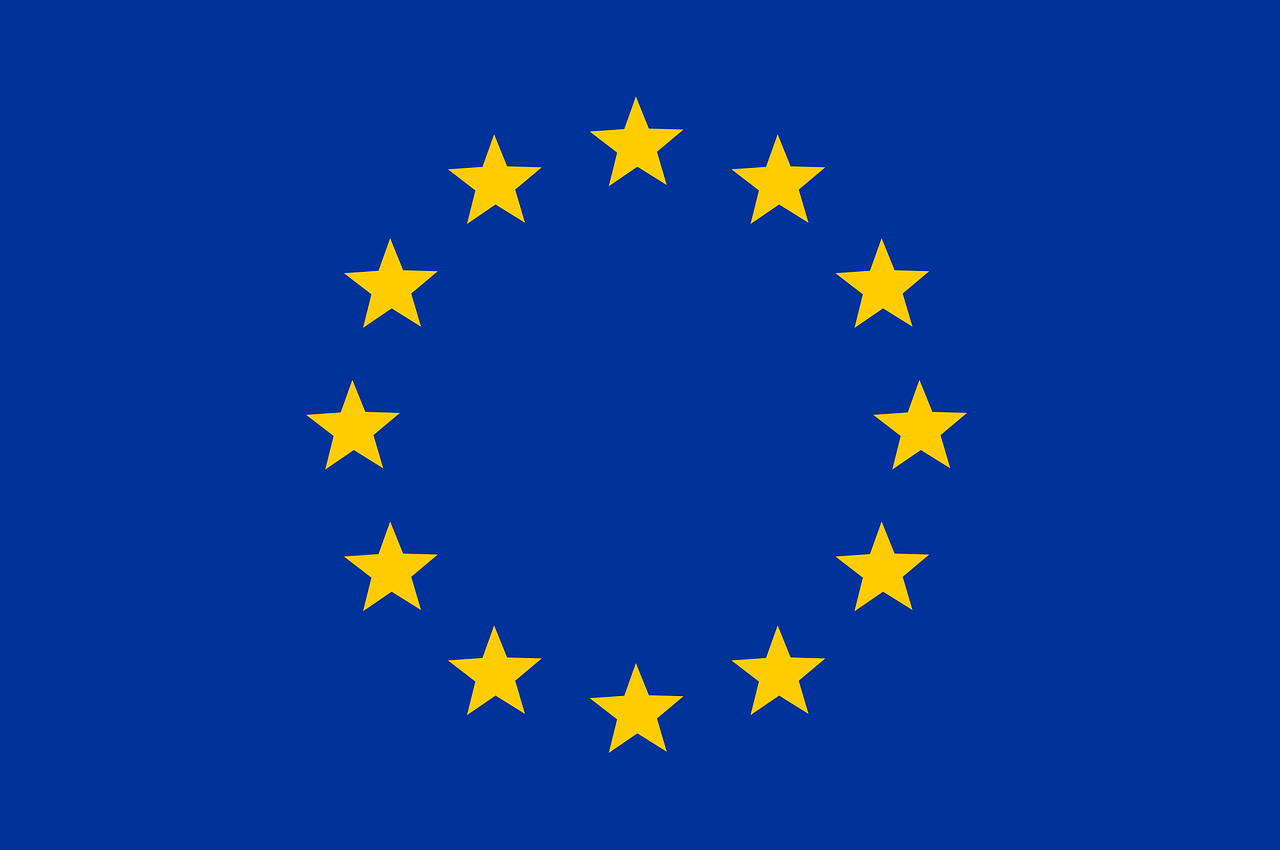European nations heavily invest in higher education, pioneering efforts to make education affordable while upholding high standards. With the opportunity to travel between countries, individuals who love adventure will appreciate Europe for its breathtaking landscapes, rich culture, and culturally diverse population.
Each year, millions of students choose Europe for their further education, and several reasons underpin this decision. The top seven reasons are outlined below:
- Career Boost: Studying in Europe enhances your career prospects as internationally exposed workers are highly sought after in today’s workforce. International experience is increasingly valued, and by studying in Europe, you position yourself for career growth. Many European countries actively encourage foreign graduates to stay, increasing the likelihood of receiving job offers and staying for long term.
- World-Class Education and Research: Europe hosts many of the world’s best universities, fostering a strong international academic community through cross-border collaborations that drive cutting-edge research.
- Wide Range of Education Options: with thousands of universities offering tens of thousands of study programs in English, Europe provides diverse options for academic disciplines, university sizes, and research-oriented or practice-oriented education.
- Low Tuition Fees: Compared t countries like the US, Canada, or Australia, tuition fees at most public universities in Europe are considerably low. In some European countries, there are no tuition fees, making university education free. Additionally, numerous scholarship opportunities and financial support options are available.
- Easy Travel across the Continent: Studying in Europe allows students to explore multiple countries easily. Affordable flight, train, and bus connections, along with short travel times, make it feasible even on a limited student budget and tight semester schedules. Non-European citizens studying within the Schengen Area can obtain a student visa to visit other Schengen countries.
- Well-respected and Aligned Higher Education Systems: Thanks to the Bologna process, the national higher education systems in European countries are aligned. This ensures that a bachelor’s of Master’s degree obtained in one European country is equivalent across the continent.
- English-Language Programs: Thousands of Bachelors and Masters Programs are offered in English across Europe. High proficiency in English in most European countries enables students to navigate everyday situations, even if they struggle with local languages.




